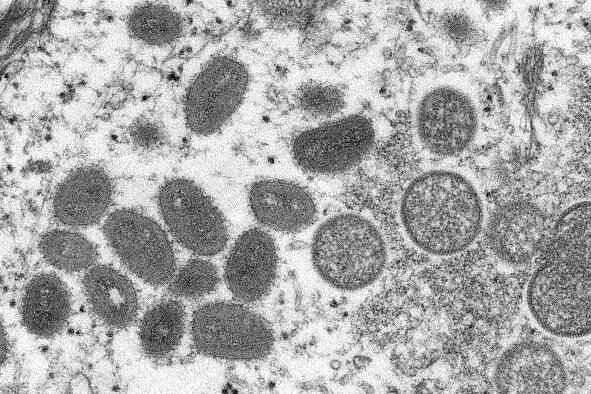After earlier indentifying a presumptive case of monkeypox in King County, it was confirmed May 27 to be monkeypox, according to the Washington State Department of Health.
The person with monkeypox has not required hospitalization and is recovering at home, according to the Department of Health. Public Health Seattle-King County officials are continuing to identify people who may have been exposed.
As of May 27, no one who was exposed to monkeypox is considered a possible positive case, and some people who are exposed to monkeypox may be advised to get the vaccine for monkeypox, the Department of Health said.
The DOH is working with the Centers for Disease Control and Prevention to provide vaccines to people who have been exposed and choose to take the vaccine. Monkeypox vaccines are not recommended for the general public at this time.
Washington Secretary of Health Dr. Umair Shah said monkeypox is incredibly rare and the person who tested positive does not pose a risk to the public.
Monkeypox is primarily spread via close physical contact with a symptomatic person. This can include the clothes and bedding of a symptomatic person. Brief interactions without physical contact are not high risk, according to the CDC.
“Although I think it’s unlikely that we will have a large outbreak locally, it is possible that there are additional cases in the community,” said Dr. Jeff Duchin of Public Health Seattle King County. “Anyone with symptoms of monkeypox should consult a healthcare provider.”
The illness can begin with flu-like symptoms followed by a rash on the face and body or with an isolated rash on the genital or groin area, Duchin said. Some people might develop the rash on their genitals without presenting any other symptoms, which can cause people to mistake it for a common sexually transmitted disease, Duchin said.
Duchin said the rash is characterized by sores, bumps or fluid-filled bumps that look similar to a chickenpox rash, and people should consult a healthcare provider if they develop such a rash.
Duchin said the rash is characterized by sores, bumps or fluid-filled bumps that look similar to a chickenpox rash, and people should consult a healthcare provider if they develop such a rash.


